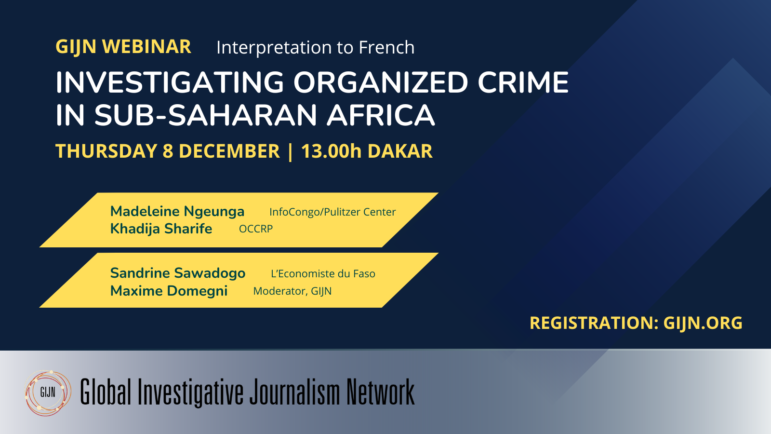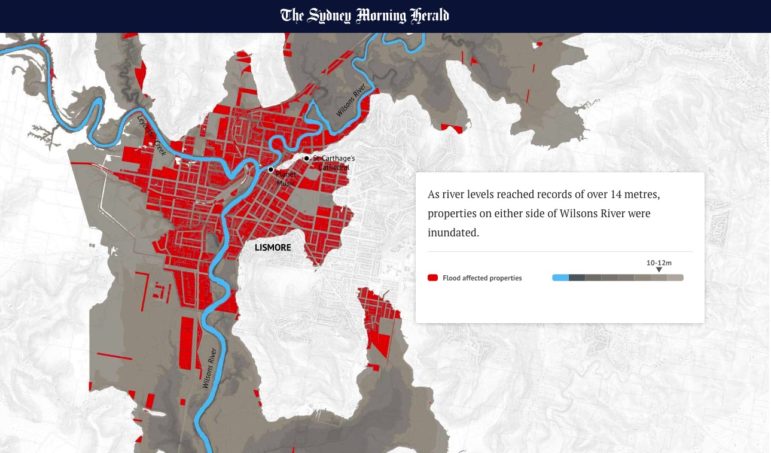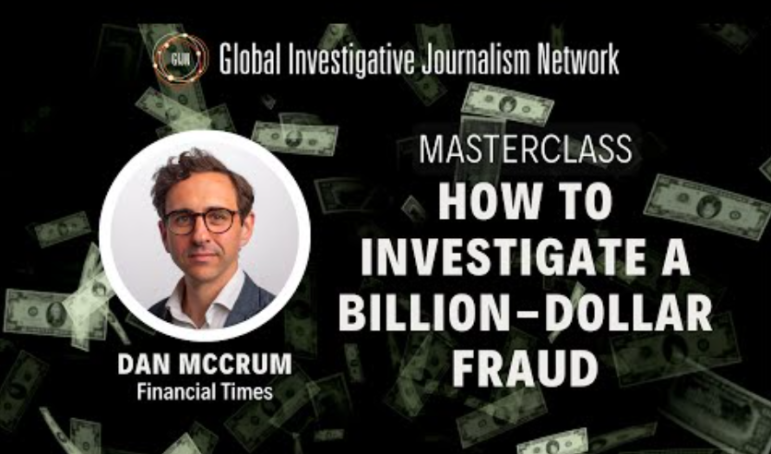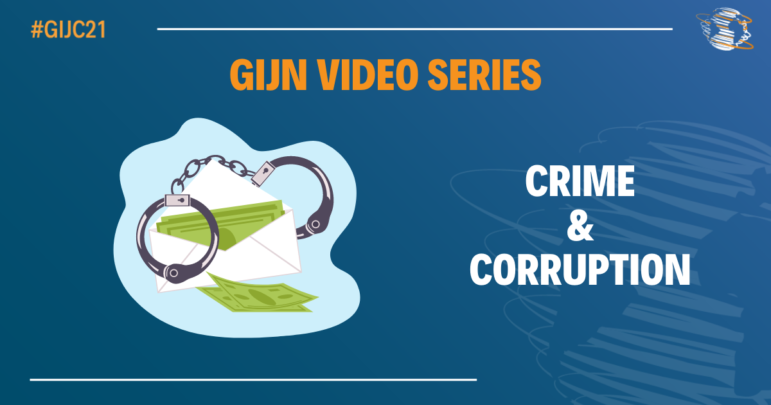
Investigative Techniques Reporting Tools & Tips
Tips for Linking Shell Companies to their Secret Owners
At a recent panel at the 2024 NICAR conference, Karrie Kehoe, deputy head of data and research at ICIJ, offered a series of tips for investigating the true owners of shell companies.






